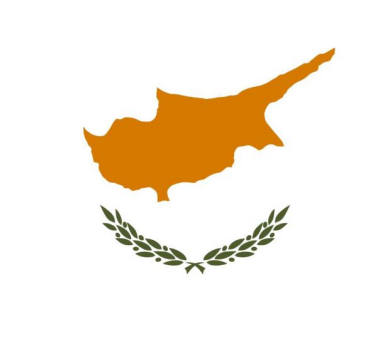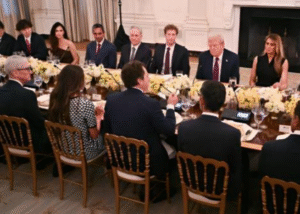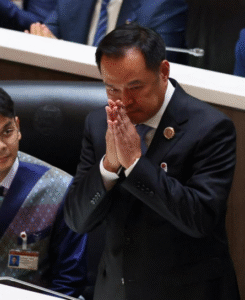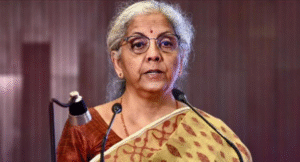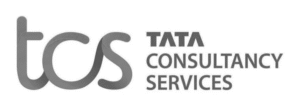Strategic Dialogue on Energy Connectivity
The United Arab Emirates (UAE) has entered into talks with UAE Cyprus subsea cable project over a landmark €1.9 billion subsea cable project, designed to connect Greece, Cyprus, and Israel through a high-voltage power link.
The discussions mark a significant step in expanding the UAE’s footprint in global energy infrastructure and strengthening its role as a bridge between Europe and the Middle East.
Cyprus President Nikos Christodoulides confirmed that the UAE is being considered as a potential investor in the ambitious project, which is partly funded by the European Union. Officials in Nicosia emphasized that the UAE’s investment could be pivotal in addressing the financial and feasibility challenges that have delayed the initiative.
The World’s Longest and Deepest Subsea Cable
The proposed subsea cable, known for its ambitious scale, would be the world’s longest and deepest high-voltage link, stretching 1,240 kilometers and plunging to depths of up to 3,000 meters beneath the Mediterranean Sea.
Once operational, the cable will significantly enhance energy security and grid stability across the region. By linking the electricity networks of Greece, Cyprus, and Israel, the project is expected to:
- Reduce reliance on fossil fuels
- Integrate renewable energy sources
- Facilitate cleaner power flows between Europe and the Middle East
UAE’s Expanding Role in Global Energy Infrastructure
The UAE has been aggressively positioning itself as a global energy and investment hub, channeling capital into projects that align with its long-term vision of sustainability and economic diversification.
From renewable energy ventures in Africa to green hydrogen initiatives in Europe, the Emirates has consistently demonstrated its commitment to large-scale international infrastructure projects.
By engaging in this subsea cable initiative, the UAE could play a central role in shaping the future of regional energy trade, while also bolstering its ties with European Union member states and Israel.
Cyprus Seeks Reliable Partners
Cyprus has faced multiple hurdles in advancing the project, including funding gaps, technical feasibility assessments, and risk management concerns. While the EU has pledged support, Cypriot officials believe that strategic investors like the UAE could provide the financial stability and project management expertise needed to move forward.
President Christodoulides noted that the UAE’s proven track record in mega-infrastructure projects and renewable energy leadership makes it an ideal partner. He emphasized that beyond financial support, Abu Dhabi could also contribute strategic know-how to overcome the project’s complex engineering and logistical challenges.
Energy Security and Geopolitical Significance
The subsea cable carries deep geopolitical importance. By creating a direct power corridor from Israel and Cyprus into Europe via Greece, the project will:
- Reduce Europe’s energy vulnerabilities
- Diversify supply routes away from traditional sources
- Support Europe’s Green Deal and decarbonization goals
For the Middle East, the cable represents an opportunity to monetize renewable energy investments, particularly solar and wind power, by exporting excess clean electricity to European grids.
With the UAE’s involvement, the initiative could evolve into a broader strategic energy alliance, strengthening Abu Dhabi’s partnerships with both European and Eastern Mediterranean nations.
Potential Benefits for the UAE
For the UAE, participation in this project is more than just an investment—it is a strategic foothold in European energy markets. The move would allow the Emirates to:
- Expand influence in the global renewable energy transition
- Strengthen economic ties with the EU
- Diversify its sovereign investment portfolio with long-term infrastructure assets
- Position itself as a central player in intercontinental energy flows
Challenges Ahead
Despite the promise, challenges remain. Engineers must overcome the unprecedented technical complexity of laying a cable of such length and depth. The high costs and risks of subsea construction also pose potential setbacks.
Additionally, aligning regulatory frameworks across multiple jurisdictions—Cyprus, Greece, Israel, the EU, and potentially the UAE—could slow down decision-making. Political dynamics in the Eastern Mediterranean also remain sensitive, requiring careful diplomacy.
Conclusion: A Strategic Partnership in the Making
The UAE’s potential entry into the €1.9 billion Cyprus subsea cable project highlights its growing role in global energy connectivity and ambition to be a key player in the green transition.
If finalized, the partnership would not only accelerate the completion of the world’s longest and deepest subsea power cable but also cement the UAE’s position as a bridge between Europe and the Middle East in the era of renewable energy.
For Cyprus, the UAE’s involvement offers a much-needed injection of financial and technical confidence. For Europe, it could represent a decisive step toward securing a sustainable, diversified, and interconnected energy future.

